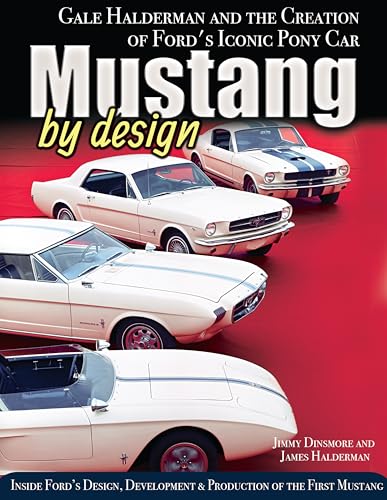Some people shotgun parts replacement - you got out the whole cannon!
There probably isn't any harm done with what you have purchased, but it still doesn't feel like you have an understanding of how your car is supposed to work and how it is actually working. You may find that after installing all of these new parts you still have a lot of the same problems - and still don't know how to solve them.
These cars worked quite well back in the day. They would start reliably, stop when you needed them to, and handled well enough. They required more maintenance than cars of today, but that is more a statement of improvements in materials, coatings, manufacturing, and technology than some basic flaws in the original cars. Unfortunately it is getting more difficult to find technicians that understand how these cars work and how to fix them. Modern cars pretty much tell you what is wrong and what to replace - the diagnostics are built into the car - so the tech doesn't necessarily need to know how to diagnose a problem without a laptop.
Sites like this are great - up to a point. There are a lot of talented, experienced, knowledgeable people here that can and will offer advice. Some of it might actually work. The problem is, none of us have actually seen your car and we make fundamental assumptions about the condition of your car that really have no basis in fact, because all of our cars have some basic level of proper maintenance done to them. So we're just shooting from the hip at a target that is in the dark. And it's always easy to spend other people's money.
Pretty much any old car isn't the way the manufacturer intended it. Parts wear, stuff gets bent, rust weakens things, seals harden and leak, electrical contacts corrode, bushings compress, things that are supposed to move don't due to lack of lubrication, things that aren't supposed to move do, parts get "repaired" or replaced with things that don't really work - you get the point. Heaving a lot of parts at it MAY improve things, but then again, they may not because you don't know WHY the car is behaving the way it is. Do the simple, boring stuff first - like making sure your alignment is good, bearings are greased properly, that your brakes are bled properly, that the calipers actually move when you press the brake pedal, that your shocks aren't leaking and your bushings aren't cracked. That any joint with a zerk fitting on it has grease in it, that vacuum lines are attached and not leaking, that fluids are fresh. This is simple, basic, boring stuff that you are going to need to know even after your car is finished - may as well learn about them now. And they are cheap and don't take all that long to do and don't require a big investment in tools.
There probably isn't any harm done with what you have purchased, but it still doesn't feel like you have an understanding of how your car is supposed to work and how it is actually working. You may find that after installing all of these new parts you still have a lot of the same problems - and still don't know how to solve them.
These cars worked quite well back in the day. They would start reliably, stop when you needed them to, and handled well enough. They required more maintenance than cars of today, but that is more a statement of improvements in materials, coatings, manufacturing, and technology than some basic flaws in the original cars. Unfortunately it is getting more difficult to find technicians that understand how these cars work and how to fix them. Modern cars pretty much tell you what is wrong and what to replace - the diagnostics are built into the car - so the tech doesn't necessarily need to know how to diagnose a problem without a laptop.
Sites like this are great - up to a point. There are a lot of talented, experienced, knowledgeable people here that can and will offer advice. Some of it might actually work. The problem is, none of us have actually seen your car and we make fundamental assumptions about the condition of your car that really have no basis in fact, because all of our cars have some basic level of proper maintenance done to them. So we're just shooting from the hip at a target that is in the dark. And it's always easy to spend other people's money.
Pretty much any old car isn't the way the manufacturer intended it. Parts wear, stuff gets bent, rust weakens things, seals harden and leak, electrical contacts corrode, bushings compress, things that are supposed to move don't due to lack of lubrication, things that aren't supposed to move do, parts get "repaired" or replaced with things that don't really work - you get the point. Heaving a lot of parts at it MAY improve things, but then again, they may not because you don't know WHY the car is behaving the way it is. Do the simple, boring stuff first - like making sure your alignment is good, bearings are greased properly, that your brakes are bled properly, that the calipers actually move when you press the brake pedal, that your shocks aren't leaking and your bushings aren't cracked. That any joint with a zerk fitting on it has grease in it, that vacuum lines are attached and not leaking, that fluids are fresh. This is simple, basic, boring stuff that you are going to need to know even after your car is finished - may as well learn about them now. And they are cheap and don't take all that long to do and don't require a big investment in tools.




















































